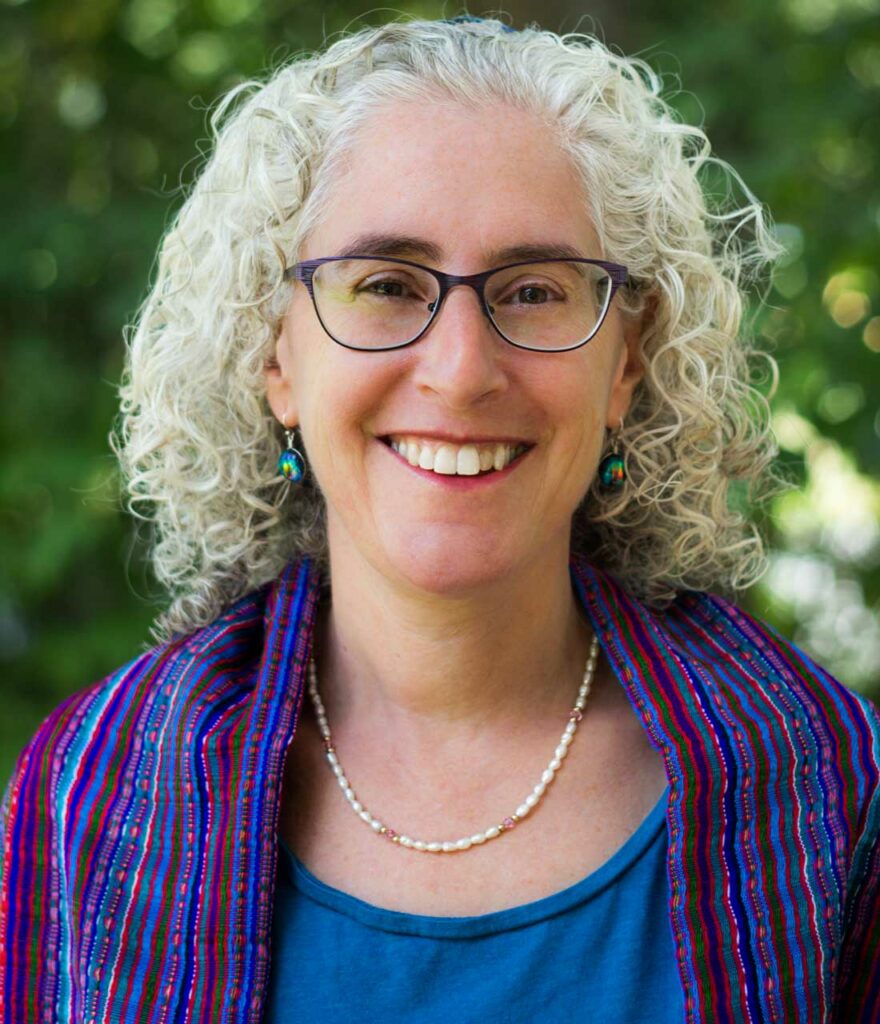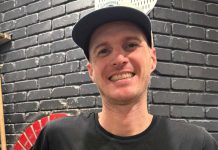If you have to leave your home quickly, what would you bring? For some of us, this is not a theoretical question. Recent floods and past fires have necessitated speedy departures for safety. Thousands of years ago, the Jews left quickly from slavery in Egypt to freedom on their journey to the land of Israel. This story of freedom is retold each year at Passover, the most celebrated of all Jewish holidays. It begins on the full moon of the Hebrew month of Nisan (the first night of Passover this year is Wednesday, April 5) and continues for a week.

The Passover Seder is the ritual observed in homes (and synagogues) to retell the story of the holiday. The Hebrew word Seder means Order and there is a specific order of the retelling—beginning with sanctifying the holiday, including matzah–the unleavened bread of affliction and freedom, all the way through hope for renewal.
The Seder is an interactive educational experience with questions, songs, food and plenty of room for creativity. The special book used for the Seder is called a Haggadah which means telling (as in telling the story). There are Haggadot (plural of Haggadah) from our grandparents’ generation, personalized ones, Haggadot online, and themed Haggadot (eg. vegetarian, feminist, LGBTQ, women’s, environmental, children’s).
In retelling the story of the Jews’ quick departure from slavery to freedom, we are commanded to see ourselves as if we too have gone forth from slavery to freedom. The story is ancient and modern. We can share stories of our own or ancestors’ stories of immigration. We can imagine the difficult places we are emerging from in our personal lives, in our community and the world.
Some of the often unsung heroes of the Exodus story are the women whose actions led to liberation. God freed the Israelites and had Moses lead them out of Egypt. Before that could happen, Moses was sustained by the acts of the midwives Shifra and Puah who refused Pharaoh’s decree to kill Hebrew male babies. Moses’ mother, Yocheved, and sister, Miriam, saw that he was put safely in a basket in the River Nile and drawn out of the water by none other than Batya, Pharaoh’s daughter.
When it was time to quickly leave Egypt, Miriam packed a timbrel. If I were leaving quickly, I am not sure my top items to bring would include a musical instrument. Miriam’s choice of items indicates her faith in a brighter time and hope for the future. After the Israelites crossed the Sea of Reeds, she led the women in song and dance, timbrel in her hand.
As we soon retell the story of our journey from slavery to freedom, I will certainly raise my timbrel in song and dance. Passover is a springtime holiday, a time of hope and redemption. The world is still broken (like the middle matzah that we break during the Seder) but as we imagine ourselves in the story, I strive to channel the faith and hope of Miriam.
Rabbi Faith Joy Dantowitz is the rabbi of Congregation Emeth. Located in Morgan Hill and serving all of South County, Congregation Emeth was founded 45 years ago and is the oldest Jewish community in South County. Rabbi Dantowitz can be contacted at ra***@***th.net.








